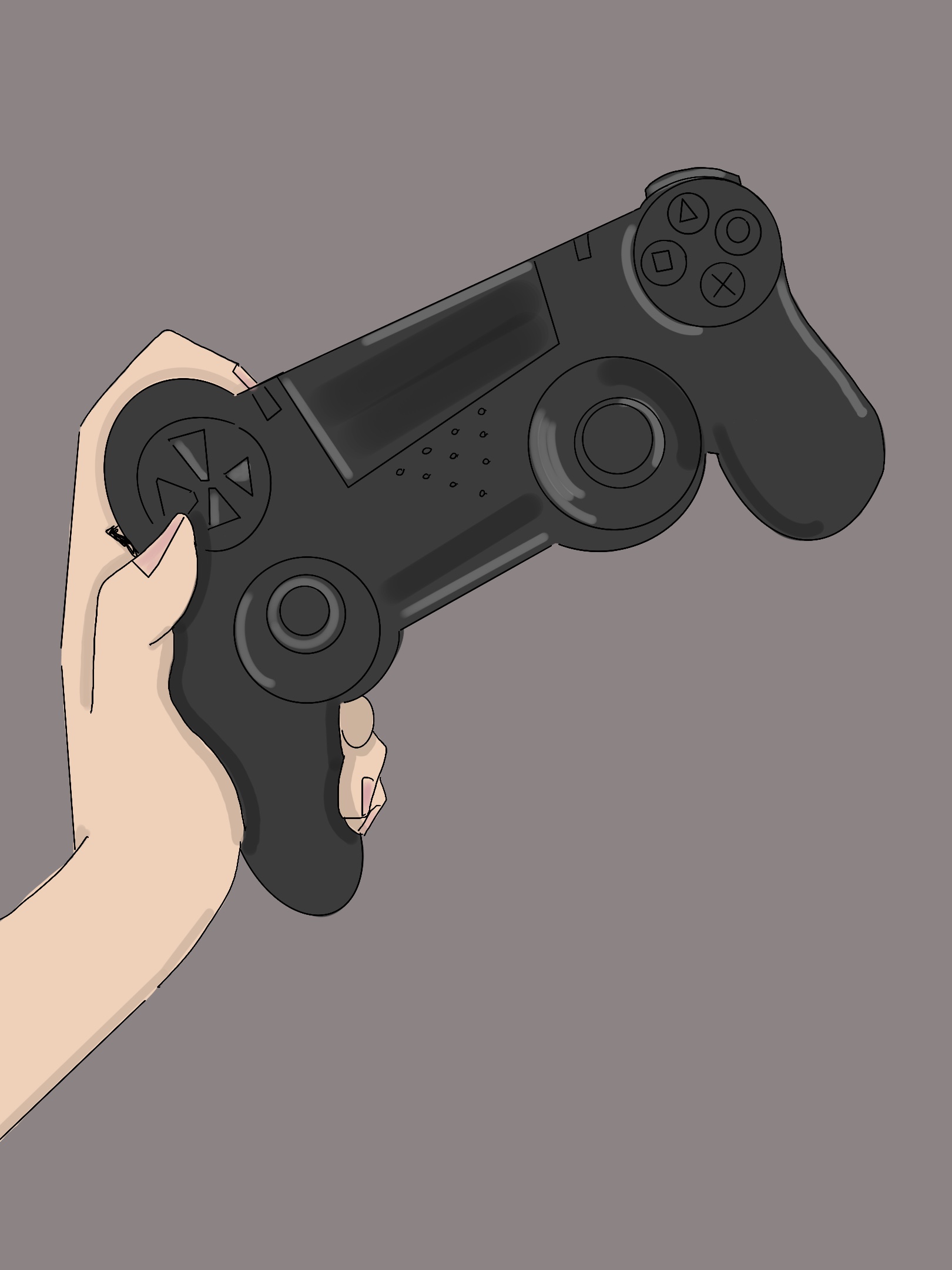Work-study programs: Getting involved in UTM’s new initiatives like its game studies minor
Omar Khan shares his experience participating in a work-study program focused on designing and implementing UTM’s newly launched games studies minor.
Student life is a balancing act. Between course loads, extracurricular activities, internships, volunteer programs, research projects, and work, university can be tough. It’s fair to assume that most students hesitate when it comes to taking on the additional responsibility of a work-study program. In addition to all their benefits, work-studies are designed with a student’s schedule in mind. Not only do they provide valuable experience in the workplace, but they also allow students to network, connect with people with similar interests, and understand how their academics translate into the workplace—all while being paid for their effort.
During the summer, fourth-year student and The Medium‘s Sports Editor Omar Khan was one of the many students to participate in a work-study program. He was hired as a communication assistant for the Office of the Vice-President and Principal to work on a project for the University of Toronto Mississauga’s (UTM) new games study program, which launched this fall.
UTM has acquired the Syd Bolton Collection, which comprises over 14,000 video games, including Call of Duty. When Mrs. Bolton donated her late husband’s collection to UTM, she emphasized the importance of both preservation and public access. With this in mind, every student will be able to play and rent video games from the library. To this end, one of Khan’s work-study assignments included testing out this process and playing video games for an afternoon.
Some of his other work included environmental scans, which entailed systematically interpreting data to find new opportunities. One of them was about planetary observatories in the Greater Toronto Area. His team considered whether it was worth building an observatory at UTM, and Khan worked to determine if the project should go forward. This was completed by looking at similar projects in the area, noting whether the observatory stood out, and whether the demand in the region was strong enough. “I had to organize a long list of similar projects in the area, what they did, what they did really well, opportunities they could do better, and how that would change our approach in similar projects,” he shared in an interview with The Medium.
During his scan, Khan found the locations of a few nearby observatories, including one at McMaster and one at University of Toronto St. George. He stressed UTM’s need for a new observatory as he found the demand for it to be high. This, he says, was largely because many public schools could benefit from local field trips in Mississauga instead of having to go to downtown Toronto.
Khan also organized interviews to hire candidates to develop the Black at UTM website, which highlights black voices within the UTM community and shares their accomplishments. Additionally, Khan also focused on giving the office feedback on the website’s writing and design.
An important aspect of a work-study is its connection to your degree. Being a member of the communication, culture, information and technology program, Khan noted that communication is an obvious, yet essential, part of his degree. Considering that he wants to pursue his masters in a similar topic, being a part of this work-study was a great way for him to gain experience in the workplace and apply what he has learned in the classroom to a professional setting.
He emphasized that learning more about the world, how it operates, and being able to network and meet new people were significant added bonuses to his work-study. Being in-person allowed him to gain experience in an office environment, forge these connections on a deeper level, and build transferable skills for his future career. “The connections I made were really valuable, especially with my [supervisor], Jeff Espy. The conversations I had with him were really great,” Khan shared.
Another important aspect of accepting his work-study contract was the accessibility of the program. With a hybrid module and a flexible schedule, Khan was able to balance his job responsibilities with his summer course load. “They made it very easy, and the schedule was very flexible. It was really catered towards me being a student,” explained Khan. He went into the office every Thursday and had the opportunity to work from home the rest of the week. “The flexibility of it, while still getting to network and gain experience was the perfect combination for me and something that I would definitely recommend to other students.”
While Khan confessed that he was lucky enough to land a few offers for work over the summer, the work-study program made the most sense to him as it met his career goals. With the contract starting at the beginning of summer and ending right before school started, the timing was perfect. In addition, work-studies require at most 20 hours of work per week, most needing only 10 hours to ensure that you have sufficient time for your coursework.
With their added flexibility, work-studies are an excellent way to gain work experience, expand your network, and understand more about future career choices—all while being paid! For students interested in applying to work-study programs for the 2023-2024 year, applications are open till late September.

